Financial stress is inevitable, but you can control this by establishing an emergency fund.
Over the years, I have observed that those who do well financially tend to have a safety margin to fall back on, a pillow if you will.
I have actually applied this principle in the various risky ventures I embarked. What I learned is that having an emergency fund is not only a prudent move, but it can seriously help us advance forward.
Let me explain…
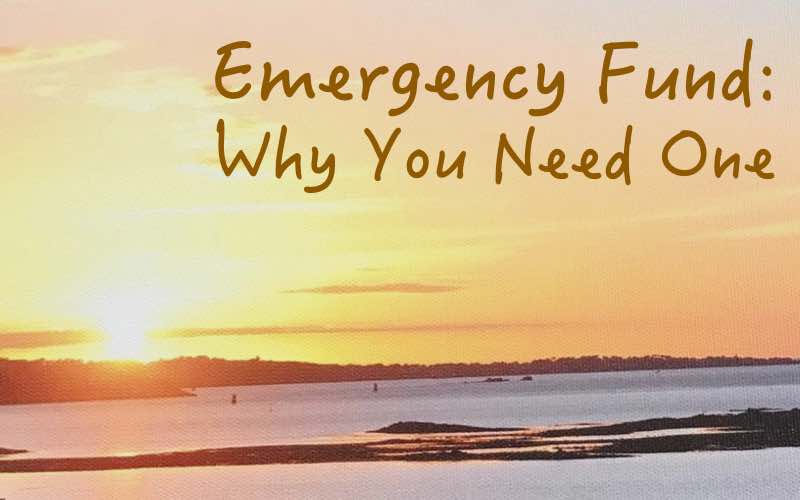
This post may contain affiliate links, which means I may receive a commission, at no extra cost to you, if you make a purchase through a link. Please see my full disclosure for further information.
The Source of Financial Stress
One of the biggest source of financial stress is having worries about running out of money.
This could be incredibly stressful for both poor and rich alike.
Imagine a wealthy person with multiple assets. She might have taken more risk by having several mortgages. When a crisis hits, her income source evaporates and her payments become late. If she had an emergency fund to fall back on, she could have avoided the risk of foreclosure.
Now imagine a worker bee who spends most of her pay check. A portion of this was for necessity but for the most part, she might have overspent on a few luxuries that should have gone to saving. When she loses her job, she is left with the worry that she can’t even pay for the essentials.
These two examples illustrate the financial worries of the average person. Obviously, if one is exceptional rich or extremely poor, having an emergency fund may not be a priority or a choice.
But for most of us, having an emergency fund can give us a sense of security so that we can take risk without feeling the world is coming to an end.
The Benefits of Having an Emergency Fund
1. The Ability to Get Through Rainy Days
As we experience ups and downs in life, so do our finances.
What I found most beneficial in having an emergency fund is the ability to weather through the storms.
I remember when I was in college living pay check to pay check. It was not easy to save up for an emergency fund, because any extra went easily to “extracurricular activities” (okay, drinking and partying).
While I didn’t regret having fun, I did feel remorseful when I couldn’t pay to fix the flat tires I had one day. Having no extra money, I had to ask my parents for help who didn’t make a lot of money at the time.
I still felt terribly bad that I squandered my money to enjoyment instead of anticipating for unfortunate events (something that’s hard to do when we’re young). But since then, I realized that I have to start saving for rainy days!
I then worked towards saving just $100, then $200, then $500. Eventually I had $1,000 saved up and it was a huge milestone – as the first $1k tends to be the hardest. This would last me about five months of living expenses.
I felt great about having this fund because I was then able to quit my part-time job to focus fully on school work and look for an internship.
It paid off because I was able to land an internship that offered me a 60% increase. It was definitely risky to quit a job before landing the next one, but had I not done that, I wouldn’t have gone through the extensive research of applying for internships while going to school full-time.
Having a safety net gave me the courage to quit my job and bought me time to get back on my feet again.
2. The Ability to Take Risk
I took a major risk when I moved to Switzerland in 2013 to join my husband who took a job here. We’re still here after seven years for me and nine years for him.
It was the most frightening move reflecting back because I was leaving everything I had behind.
Besides the worry about entering a new environment, I was mostly worried about the mortgage debt I had back home.
I bought this house for a personal reason albeit not knowing if it was the right one.
This was exacerbated by my decision to quit my comfy job to move to a different country!
But since I had a two-year emergency fund saved up that would cover the mortgages, I felt that I could take this risk. After all, I was still in my mid-twenties and felt that it was now or never to pack my bags!
Luckily I found a job in less than one year and so I didn’t end up using my emergency fund after all!
However, without this two years of safety margin, I don’t think I would have dared to leave my responsibilities behind and risk defaulting on the mortgage.
This just shows that we (or I) tend to over worry sometimes and the best way to mitigate this is by establishing a safety net – whatever that might be.
3. The Ability to Gain Greater Focus
When you’re not occupied with financial stress, you can focus more on achieving greater goals.
After living in Switzerland for almost a decade, my husband and I are ready to move back to the States. However, we’ll inevitably face the challenge of having no income until one of us found a job.
With the crisis going on, the chance of a persist recession is at an all time high. This means that we might have a harder time finding a suitable position for our career path.
As an alternative, we are looking into starting our small business. In a way, my starting this blog is a launch pad for learning the technical and marketing side of running an online business.
But truth be told, the starting of a business is very tough. It’s not unusual to earn little to nothing during the first few years.
This means that we would need to establish an emergency fund to get through the lean years.
For the worst case scenario, we are thinking to budget three years of emergency fund. This includes paying for medical insurance, living expenses, and investment cost for the business.
With three years of expenses covered, we believe that should give us sufficient time to dedicate ourselves fully to our business endeavors.
Without an emergency fund, we could easily throw our hands up too early before a business gets a chance for take off.
Final Tips About Having an Emergency Fund
Planning for an emergency fund is usually easier for those who are natural risk managers.
I know that some people would put an emergency fund at the bottom of their priority list while others can’t sleep well without one.
My experience with having an emergency fund has helped me feel covered during rainy days, allowed me to take risks and focus on pursuing new opportunities.
But, the reality is that I didn’t always need to tap into it.
In fact, I was able to build up enough safety net that I didn’t have to touch my emergency fund.
The great thing about an emergency fund is it builds up a habit of saving. Once you achieved the $1,000 milestone, you might want to go for $2,000, and so forth.
And when that emergency fund becomes an excess, it turns into a “safety and fun fund.” What this means is that not only does it give you protection, you can also spend it on something else that’s important to you like taking a family vacation.
This happens when you have an excess of savings built up that you can afford luxuries again. Maintaining this perspective has motivated me to save towards an emergency fund.
What do you think? Is having an emergency fund necessary? Have you encountered a situation where having an emergency fund helped get you through tough times or take on more risky endeavors?

Get going with this PIN!
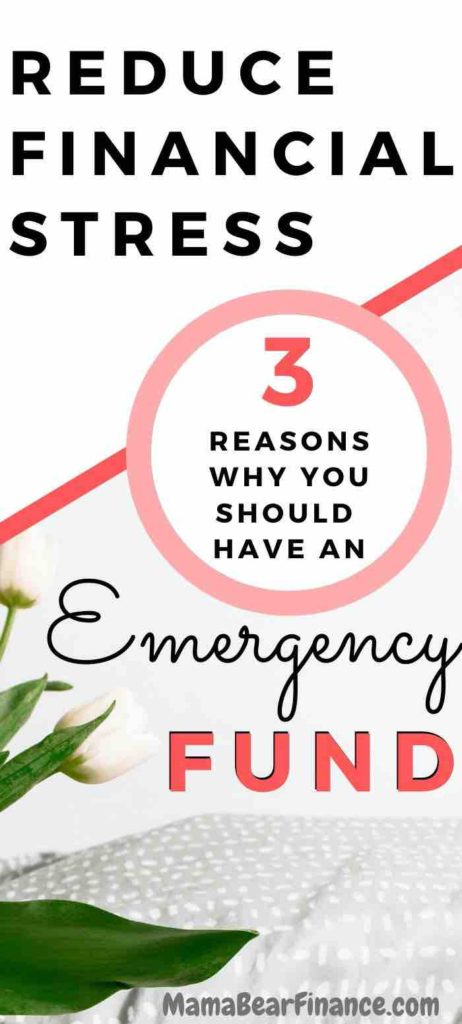
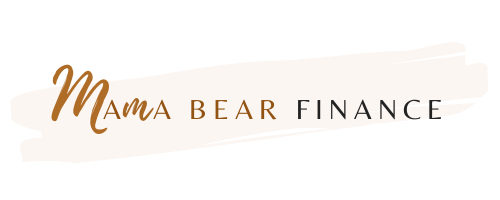
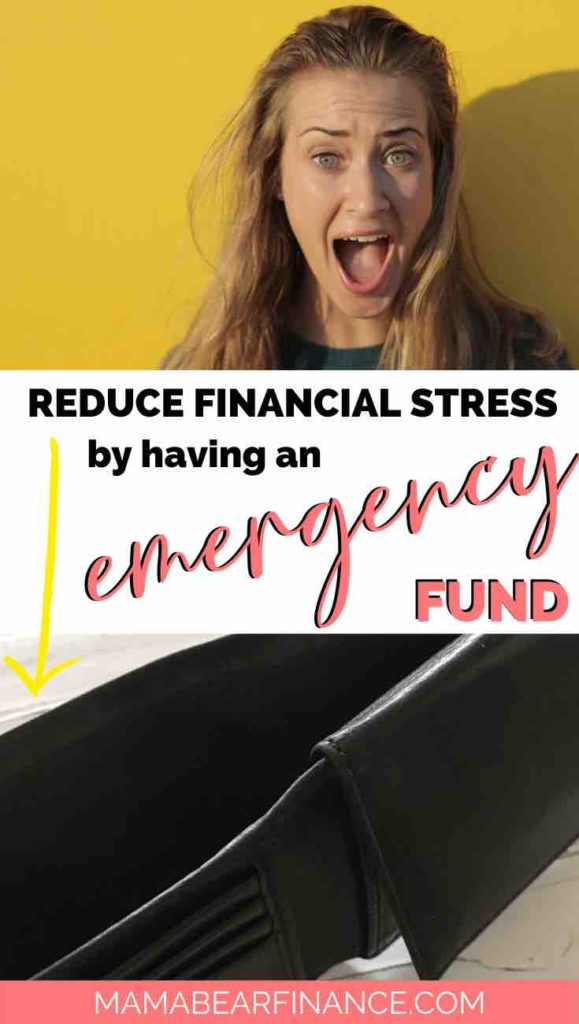
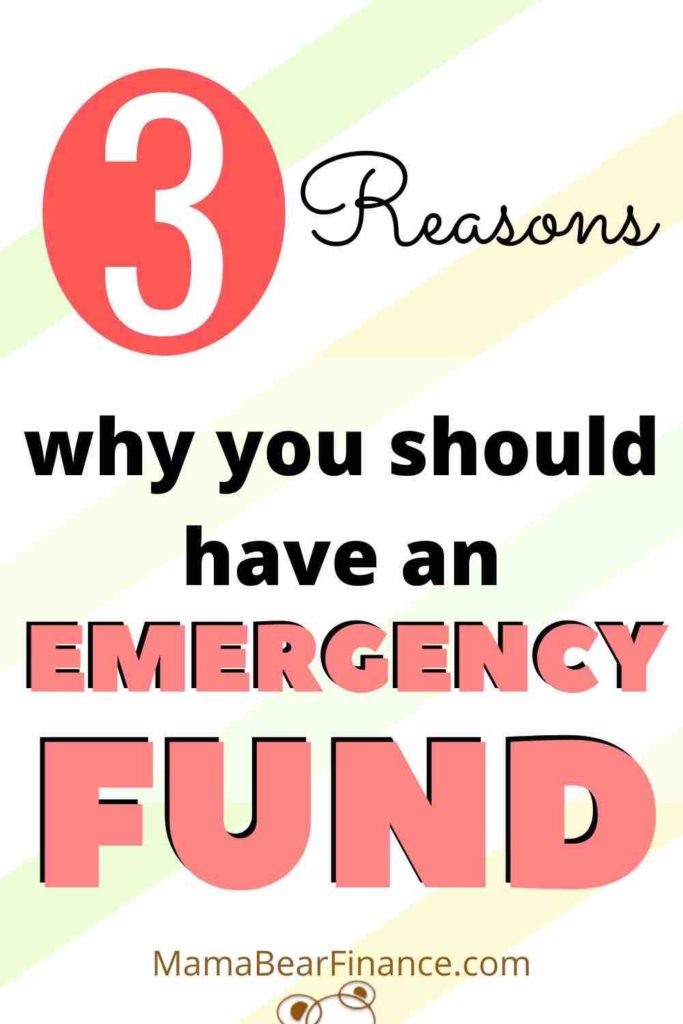
This pandemic has definitely highlighted how important it is to have savings for crazy situations.
I agree it is so important to have an emergency fund, great tips & advice.
We’ve had an emergency fund in place since we got married in 2004, and it has been the best thing. I have such a sense of security, and no worries when something unexpected comes up.
That’s great to hear! Nothing beats the feeling of security.